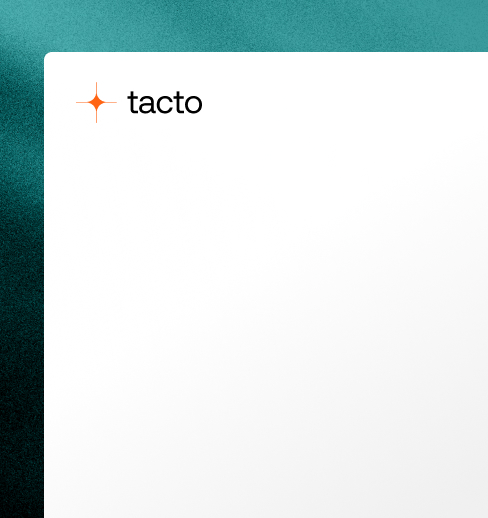Procurement Glossary
Claims management: definition & important aspects for buyers
Claim management enables companies to systematically enforce justified claims and at the same time professionally defend themselves against unjustified claims. The following overview shows how Procurement can avoid additional costs through structured claim management and sustainably improve cooperation with suppliers.
Claim management in a nutshell:
Claim management refers to the systematic process of identifying, documenting and enforcing claims against suppliers in the event of breaches of contract or deviations in performance. For Procurement , this is an essential tool for ensuring quality standards and minimizing financial losses due to defective deliveries or services.
Example: An automotive supplier discovers a quality deviation in 15% of a delivery of 10,000 metal parts during the incoming goods inspection and initiates a claim process within 48 hours, which leads to the complete replacement delivery of the defective parts and compensation of the inspection costs amounting to EUR 2,500.
Introduction to claim management
Claim management is an essential component of modern project management and contract processing in companies. It deals with the systematic handling of claims and counterclaims that may arise in the context of projects or business relationships. Professional claim management is particularly important in the construction, plant and industrial sectors, where complex contractual relationships and extensive project structures prevail. This guide highlights the most important aspects of claim management, from the early identification of potential claims to successful strategies for asserting and defending claims.
What is claim management?
In strategic Procurement , claim management refers to the systematic recording, analysis and enforcement of contract management vis-à-vis suppliers or service providers. It includes the proactive identification of deviations between contractually agreed services and the actual fulfillment of the contract. The aim is to protect the company's own interests, avoid financial losses and ensure fair processing. Effective claim management enables companies to identify potential conflicts at an early stage and take appropriate measures.
Core elements of claim management
Significance for modern Procurement
Claim management is essential in strategic Procurement in order to avoid financial losses and ensure profitability. By identifying performance deviations at an early stage, buyers can take appropriate countermeasures and protect the company's contractual rights. In addition, professional claim management strengthens relationships with supplier management, as clear rules and open communication promote trust.
Claim management: from manual handling to digital claim management
Building on the theoretical importance of claim management, its practical implementation is crucial for companies to avoid financial losses and ensure contract management. Traditionally, claim management has often been handled manually and reactively, leading to inefficiencies and missed opportunities. With the increasing complexity of modern supply chains and the multitude of contractual relationships, there is an urgent need for more efficient, proactive approaches. The transformation to digital solutions is inevitable for companies to remain competitive.
Old: Manual claim management
Traditional approach: Traditional claim management was based on paper-based processes and individual Excel spreadsheets. Claims were often only recognized after breaches of contract had already led to significant delays or costs. Document review was mainly done by email or phone, which made tracking difficult. There was also a lack of centralized documentation and transparency, which led to a loss of information. These methods were time-consuming and prone to human error, causing companies to overlook potential claims and incur financial penalties.
New: Digital claim management
Digital claim management: Modern solutions rely on digital platforms that automate and centralize claim management. Contracts and relevant documents are stored in a shared database, which ensures quick access and a better overview. By integrating AI in Procurement, deviations from contractual agreements can be detected and reported in real time. Automated workflows immediately initiate measures, significantly reducing response times. These innovative steps lead to a reduction in processing times of up to 50% and enable cost savings through more efficient process design.
Practical example: Automotive industry
A leading automotive supplier implemented a digital claim management system to efficiently manage its complex contractual relationships. By automating the claims processes, the company was able to reduce the number of unprocessed claims by 40%. The average processing time was reduced from 20 to 8 days. In addition, real-time analysis enabled proactive identification of potential breaches of contract, resulting in annual savings of over €1.5 million and improved supplier relationships sustainably improved.
Conclusion on claim management
Claim management is an indispensable tool in modern Procurement that goes far beyond mere claims management. It not only safeguards financial interests, but also promotes sustainable supplier relationships through clear processes and transparent communication. Success lies in systematic implementation, careful documentation and the balanced handling of claims. In view of increasing digitalization, claim management will continue to evolve and become even more efficient thanks to new technologies.





.png)
.png)
%20%E2%80%93%20Jakob%2C%20Ines.png)
%20%E2%80%93%20Jan%2C%20Jacob.png)
.png)
.png)


.png)
